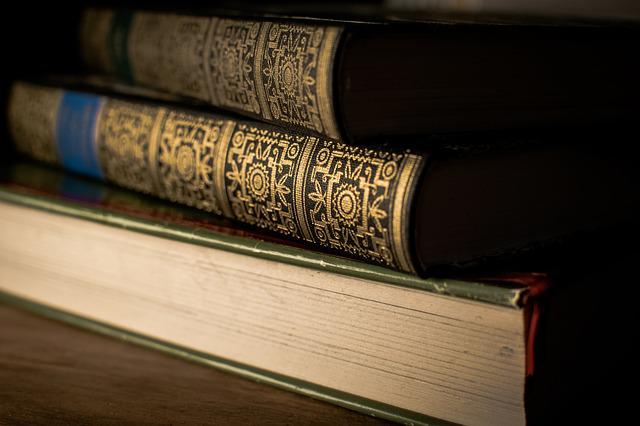The Buddhist scholar Dadul Namgyal stressed the importance of letting go of habits of self-obsession and attitudes of self-importance. Moulie Vidas, a scholar of Judaism, placed more emphasis on Judaism’s intellectual and spiritual energy. Karen Teel, a Roman Catholic, highlighted her interest in working toward making our world more just. The Jainism scholar Pankaj Jain underscored that it is on this side of the veil of death that one attempts to completely purify the soul through absolute nonviolence.
Brook Ziporyn, a scholar of Taoism, stressed the importance of embracing this life as constant change, being able to let go, of allowing, as he says, every new situation to “deliver to us its own new form as a new good.” Leor Halevi, a historian of Islam, told me that an imam would stress the importance of paying debts, giving to charity and prayer.
And Jacob Kehinde Olupona, a scholar of the Yoruba religion, explained that “humans are enjoined to do well in life so that when death eventually comes, one can be remembered for one’s good deeds.” The atheist philosopher Todd May placed importance on seeking to live our lives along two paths simultaneously — both looking forward and living fully in the present.
The sheer variety of these insights raised the possibility that there are no absolute answers — the questions are “too complex” — and that life, as William Shakespeare’s Macbeth says, is “a tale told by an idiot, full of sound and fury, signifying nothing.” Yet there is so much to learn, paradoxically, about what is unknowable.
Perhaps we should think of death in terms of the parable of the blind men and the elephant. Just as the blind men who come to know the elephant by touching only certain parts of it, our views of death, religious or not, are limited, marked by context, culture, explicit and implicit metaphysical sensibilities, values and vocabularies. The elephant evades full description. But with death, there doesn’t seem to be anything to touch. There is just the fact that we die.
Yet as human beings, we yearn to make sense of that about which we may not be able to capture in full. In this case, perhaps each religious worldview touches something or is touched by something beyond the grave, something that is beyond our descriptive limits.
Perhaps, for me, it is just too hard to let go, and so I refuse to accept that there is nothing after death. This attachment, which can function as a form of refusal, is familiar to all of us. The recent death of my dear friend bell hooks painfully demonstrates this. Why would I want to let go of our wonderful and caring relationship and our stimulating and witty conversations? I’m reminded, though, that my father’s last words regarding the meaning of death being too complex leave me facing a beautiful question mark.
Source: https://www.nytimes.com/2022/01/02/opinion/death-religion-interviews-lessons.html



